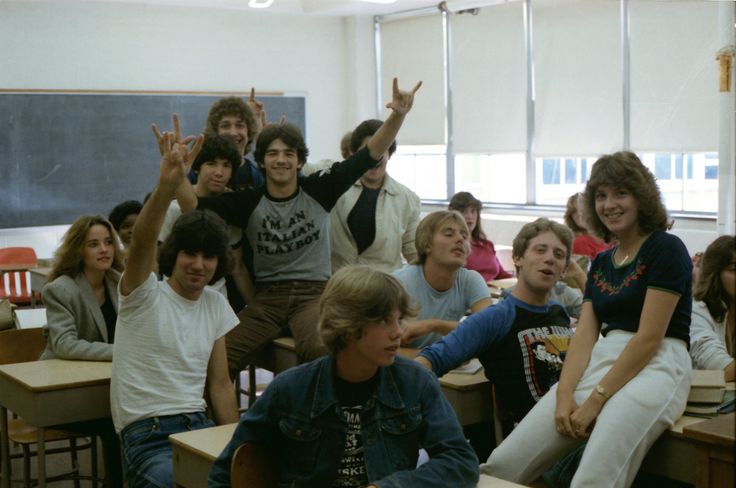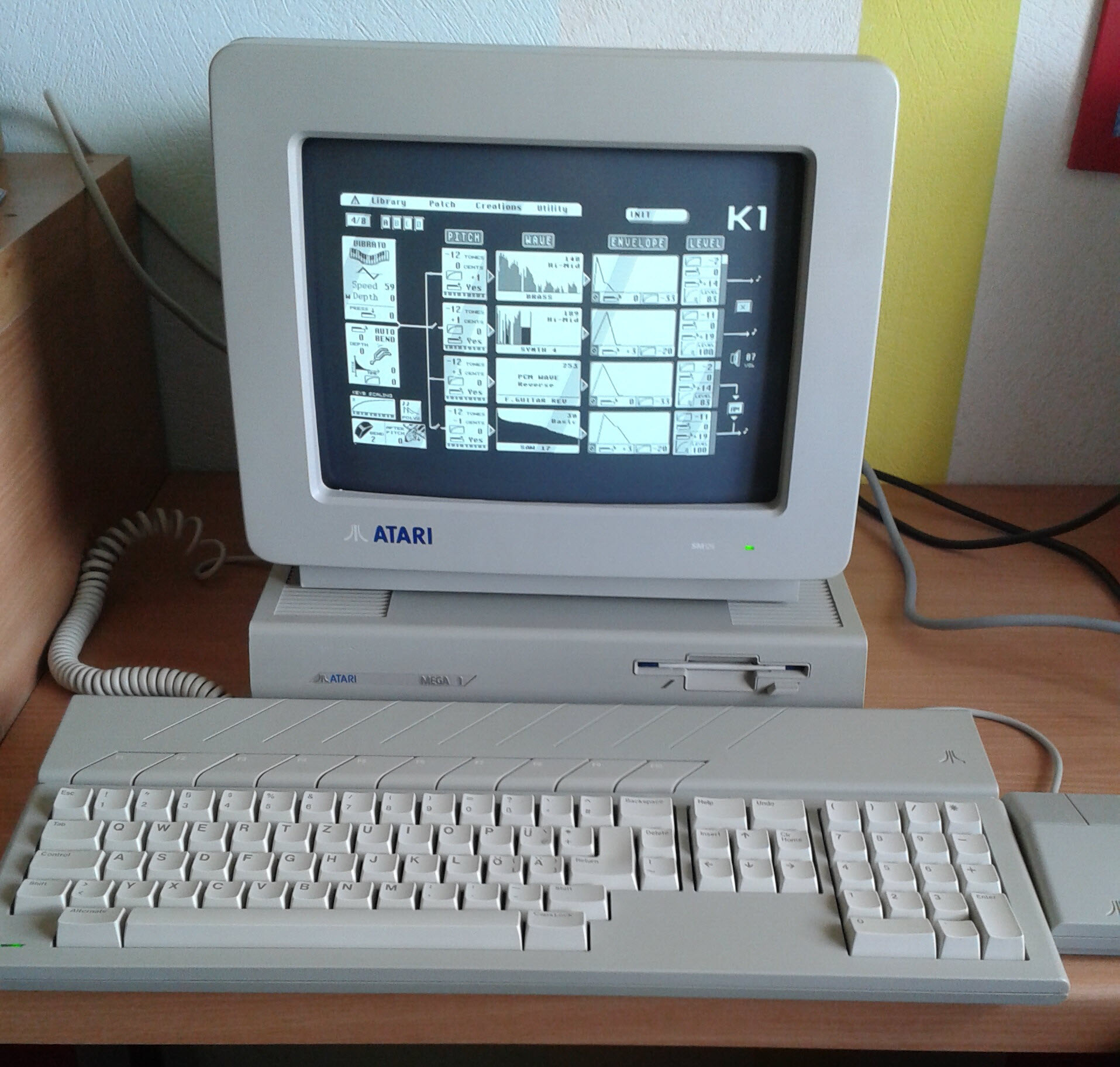( Weirdly though, neither did I ever see a computer program / sequencer ever being shown on any of the computers we had in the 1980's. Spectrums and Amstrads were for basic computer games and database programs. No Atari's or Commodore's made their appearance during my young years of the 1980's, even up to 1989. )
I sang in the choir at primary school also, travelling around to big cities and reading the words under the notation was often the case in preparation for contests. Like most kids we played instruments like xylophones for songs we performed in front of public audiences at Christmas.

In regard to High School..... it didn't turn out to be fun at all....because learning music notation was all done by hand and given that we had so much more to learn, English, Maths, Art & Design, Science, Technical (Woodwork/Metalwork),Home Economics, Physical Education, RE, Geography, French, Drama and History back then, and having homework for almost all of them, having to do Notation as homework was like punishment.
Listening to Bach & Handel on headsets was what we did for much of the time. There was of course tables set out in a C shape with keyboards, but man these keyboards looked more primitive than my mid 80's Casio SK1 keyboard in the beige decor they had.

By 1992 having acquired a Mega ST, sequencers were all notation based so making music was all about drawing notes with a mouse instead of a pencil because I didn't have a midi keyboard at the time. By the time I got to an Amiga based sequencer, I had already discovered the options to create music wasn't so limited to just notation.

How likely are you to embrace traditional notation, as opposed to what has become the norm of modern day DAWs in really not needing to know much at all ?




